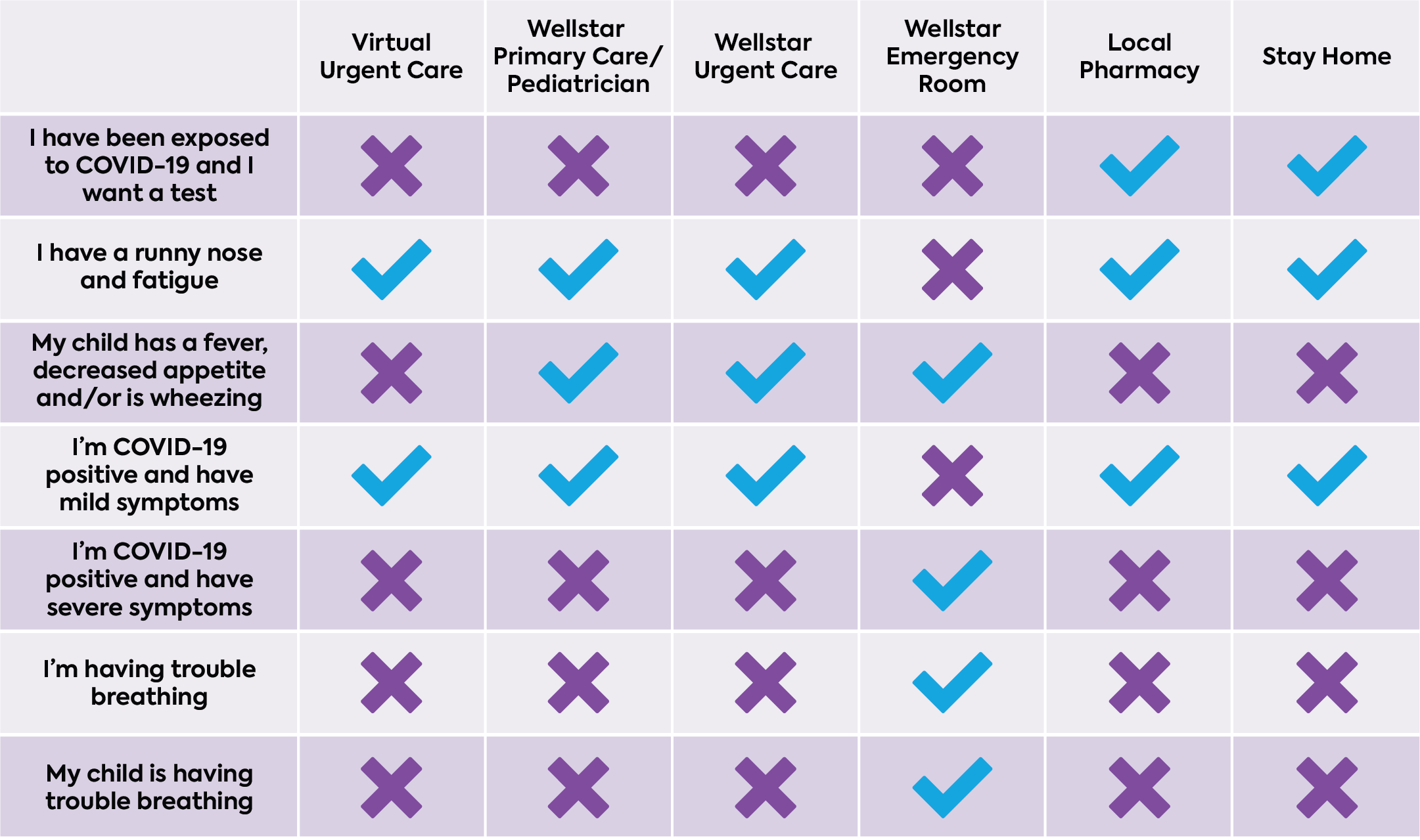As you prepare to welcome a new little one to your family, you are faced with so many decisions about childbirth and parenting, which have been complicated by the COVID-19 pandemic. During this exciting but possibly stressful time, your Wellstar provider can guide you through these difficult choices, taking into account your personal medical history and your unique pregnancy situation.
Now that the U.S. Food and Drug Administration has authorized the Moderna, Pfizer and Johnson & Johnson vaccines for emergency use against COVID-19, many patients have questions about how getting the vaccine could affect pregnancy and breastfeeding.
As vaccine supplies become more plentiful and eligibility expands to more age groups, OB/GYN experts recommend that vaccines be offered to those who are pregnant or breastfeeding. Here is their guidance for new mothers considering the COVID-19 vaccine.
If you are pregnant and you get infected with COVID-19, you are at higher risk of severe complications.
According to the American College of Obstetricians and Gynecologists (ACOG), pregnant women are more likely than people who are not pregnant to experience severe illness, be admitted to the ICU and need to use a ventilator for breathing. There is also a higher risk of death from COVID-19.
The vaccines will not change your or your baby’s DNA.
Don’t worry about the vaccines altering you or your baby’s genetic material—that’s not how the mRNA vaccines currently available work. The CDC and ACOG agree that the vaccine cannot cause any genetic changes in you or your baby because they do not enter the nucleus of cells, where DNA is housed. The vaccines trigger a protein response in your body that helps build immunity. For more information on how the vaccines work, check out Wellstar’s COVID-19 Community Toolkit.
You and your baby will not get COVID-19 from receiving the vaccine.
The Society for Maternal Fetal Medicine confirms these vaccines cannot give you or your baby COVID-19. The vaccines currently available contain mRNA, not any form of the COVID-19 virus.
There is no data to suggest vaccination impacts future fertility.
The American Society for Reproductive Medicine and ACOG both recommend that those trying to become pregnant or considering a future pregnancy still get vaccinated. You will not have to delay or avoid pregnancy after getting both doses of the vaccine. There is also no reason to delay pregnancy attempts because you got the vaccine.
You can still breastfeed.
ACOG recommends that COVID-19 vaccines be offered to lactating women. The Association of Breastfeeding Medicine agrees and says there is no need to avoid starting or to stop breastfeeding if you get the shot.
If you have any questions about the vaccine’s effect on pregnancy or fertility, a discussion with your women’s health provider could help you make an informed decision together. A phone call or virtual visit with your caregiver is a safe and easy way to get more answers about the COVID-19 vaccine.
American College of Obstetricians and Gynecologists (ACOG) is the foremost professional membership organization for obstetricians and gynecologists. It is comprised of over 60,000 members (board-certified OBGYNs) spanning the entire career lifecycle.
Society for Maternal Fetal Medicine (SMFM) is the professional society made up of OBGYNs with advanced training and focus on high-risk pregnancies and conditions.
American Society for Reproductive Medicine (ASRM) is the professional society made up of OBGYNs with advanced training and focus on infertility.
Academy of Breastfeeding Medicine (ABM) is a global community of medical doctors with diverse backgrounds and specialties creating a network of experts and advocates to drive breastfeeding medicine forward.





